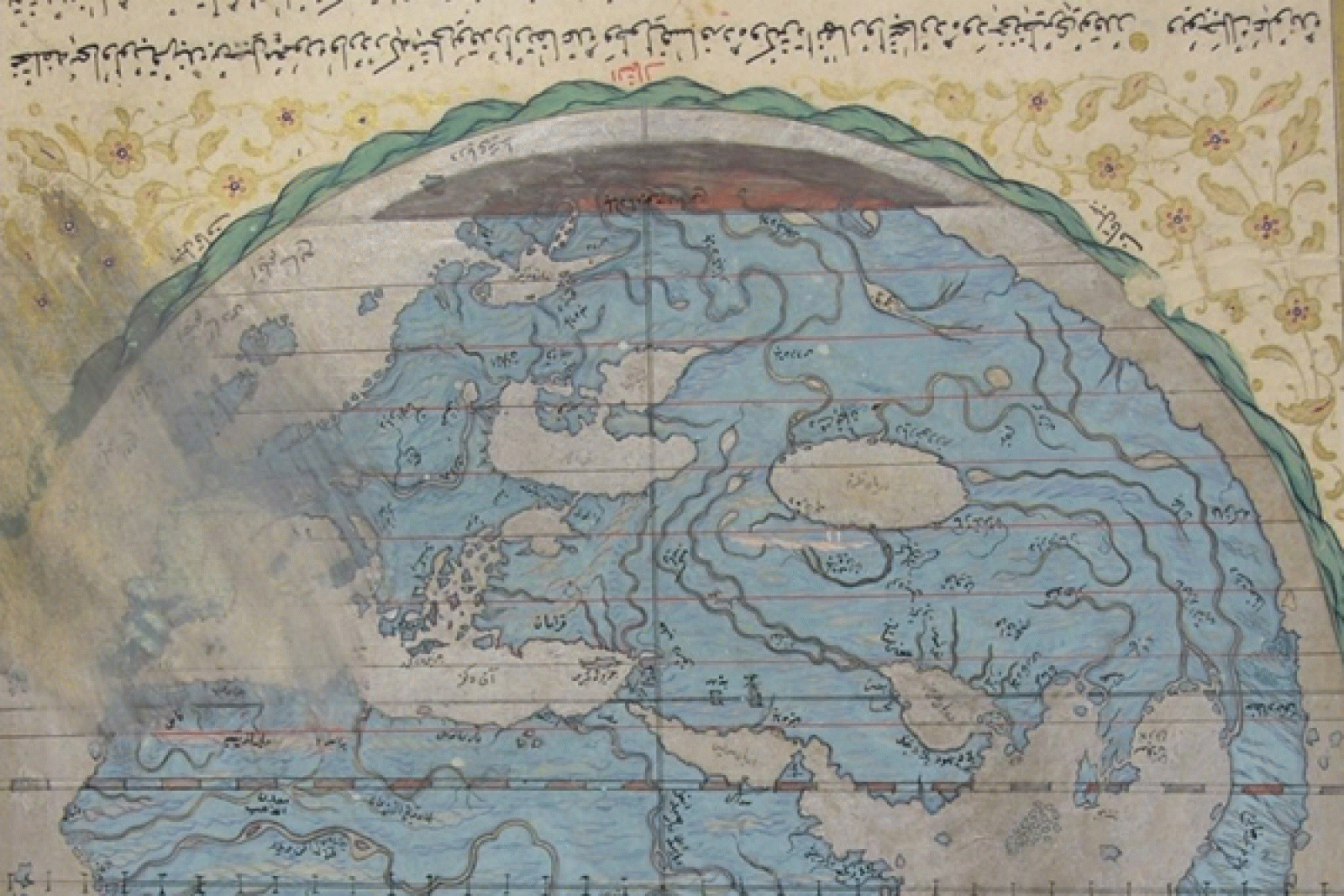Evening lecture
Giancarlo Casale: Mappamondo or 'Papa'mondo? The Politics and Aesthetics of Ottoman World Maps

During the middle decades of the sixteenth century, a debate raged among a group of highly placed intellectuals in Ottoman Istanbul about how to reconcile traditional forms of knowledge with the recent discovery of the New World. While ostensibly about the dimensions of the inhabitable earth, this wide-ranging debate quickly grew to encompass two of the central concerns of early modern knowledge production: the destabilizing tension between textual authority and empirical observation, and the dialectical relationship between reality and representation. Somewhat unusually, this debate was also waged primarily through world maps, a unique cultural form that combined text and image for the specific purpose of creating a "worldview." This talk brings together several Ottoman world maps from the sixteenth century, placing them in conversation with each other and contextualizing them within the dynamic intellectual and political background of contemporary Ottoman Istanbul. In doing so, it aims to reconstruct the visual and textual vocabulary that these mapmakers employed as they argued with one another about space, sovereignty, and their own place within a rapidly changing world.
Giancarlo Casale is Associate Professor of History (Islamic World) and Distinguished University Teaching Professor at the University of Minnesota. He is the author of The Ottoman Age of Exploration (Oxford, 2010) and, since 2011, executive editor of The Journal of Early Modern History. He is spending the current academic term at the European University Institute as a Fernand Braudel Senior Research Fellow.
13 June 2017, 6:00pm
Kunsthistorisches Institut in Florenz
Max-Planck-Institut
Palazzo Grifoni Budini Gattai
Via dei Servi 51
50122 Firenze
Notice
This event will be documented photographically and/or recorded on video. Please let us know if you do not agree with the Kunsthistorisches Institut in Florenz using images in which you might be recognizable for event documentation and public relation purposes (e.g. social media).


